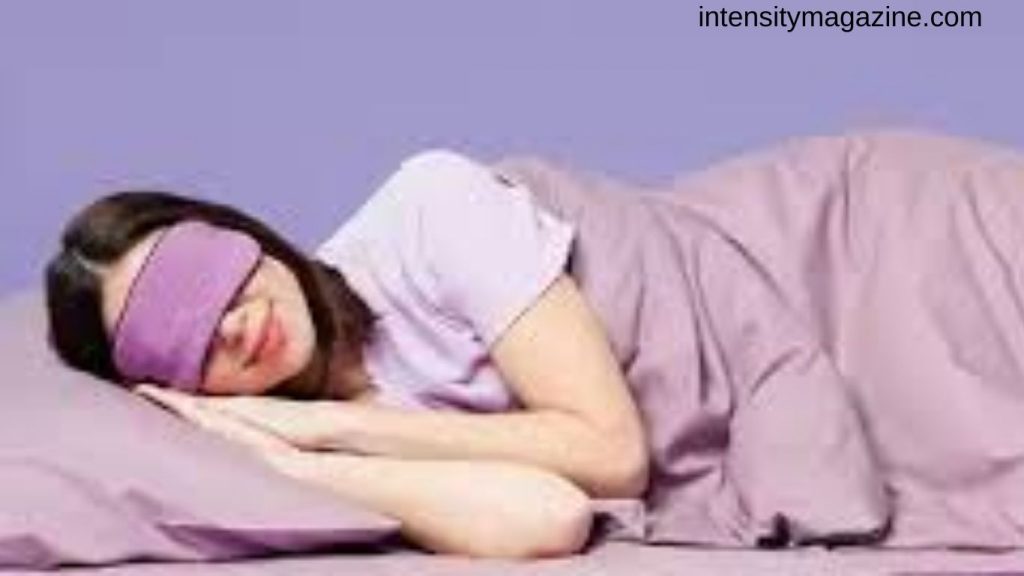Sleep is the foundation of human health, influencing memory, mood, performance, and physical recovery. Poor sleep isn’t just about feeling groggy—it’s linked to higher pain sensitivity, slower injury recovery, and increased risk of accidents. Dr. Matthew Walker, one of the world’s leading sleep scientists, emphasizes in his conversations with Dr. Andrew Huberman and Dr. Peter Attia that sleep hygiene is the gateway to restorative rest.
This guide distills evidence-based practices from leading experts so you can optimize your sleep and wake up refreshed.
Maintain a Consistent Sleep Schedule
Your body thrives on rhythm. Going to bed and waking up at the same time every day trains your circadian clock, helping you fall asleep faster and stay asleep longer. Irregular sleep patterns disrupt hormone regulation, leaving you tired and unfocused.
Pro Tip: Set a nightly reminder to start winding down at the same time, even on weekends.
Optimize Light Exposure
Light is one of the strongest signals to your brain’s sleep-wake cycle.
- Morning Light: Step outside within 30–60 minutes of waking. Natural sunlight tells your body it’s time to be alert.
- Evening Light: Reduce exposure to blue light from phones, laptops, and TVs at least 1–2 hours before bed. Blue light suppresses melatonin, the hormone that signals sleep.
Pro Tip: Use blue-light filters on devices or wear blue-light-blocking glasses in the evening.
Create the Ideal Sleep Environment
Your bedroom should be a sanctuary for rest.
- Temperature: A cooler room (around 65°F or 18°C) promotes deeper sleep.
- Darkness: Use blackout curtains or a sleep mask to block even small amounts of light.
- Quiet: Minimize noise with earplugs or white noise.
Pro Tip: Dim lights throughout your home an hour before bed to cue your body for sleep.
Avoid Stimulants and Disruptors
Caffeine, nicotine, and alcohol all interfere with restorative rest.
- Caffeine: Its half-life is 5–6 hours, so cut it out at least 8–10 hours before bed.
- Nicotine: A stimulant that keeps your brain active when it should be winding down.
- Alcohol: While it may help you drift off, it fragments sleep and reduces REM stages.
Pro Tip: Swap late-night coffee with calming herbal teas like chamomile or valerian.
Develop a Wind-Down Routine
The brain needs time to shift from alertness to sleep mode.
- Relaxing Activities: Read, stretch, or try deep breathing.
- Screen-Free Time: Avoid emails, intense shows, or stressful conversations before bed.
- Warm Bath or Shower: This helps lower core temperature, signaling it’s time for rest.
Pro Tip: Enforce a 30–60 minute “no screen” rule before sleep.
Exercise Regularly—But Time It Right
Movement enhances sleep quality, but timing matters.
- Morning/Afternoon: Exercise during the day improves sleep onset and depth.
- Evening: Avoid vigorous workouts within 2–3 hours of bedtime, as they raise core temperature and alertness.
Pro Tip: If evening workouts are your only option, stick to gentle yoga or stretching.
Eat Smart Before Bed
- Late-night eating can disrupt digestion and reduce sleep quality.
- Avoid heavy meals within 2–3 hours of sleep.
- Choose light snacks like bananas, yogurt, or almonds—foods rich in magnesium and tryptophan that support melatonin production.
- Limit fluids to prevent midnight bathroom trips.
Pro Tip: Keep dinner balanced with protein, fiber, and healthy fats to avoid late cravings.
Manage Stress and Anxiety
Racing thoughts are one of the biggest barriers to sleep.
- Journaling: Offload worries before bed.
- Meditation & Breathing: Try box breathing or progressive relaxation to calm the nervous system.
- CBT-I: Cognitive Behavioral Therapy for Insomnia is highly effective for chronic cases.
Pro Tip: Create a nightly affirmation, such as “I release today’s worries and welcome rest.”
Don’t Force Sleep
If you’re tossing and turning for more than 20–30 minutes, staying in bed only builds frustration.
- Get up and do something calming—like reading or listening to soft music—until drowsiness returns.
- Avoid checking the clock, which fuels anxiety about lost sleep.
Pro Tip: Reserve your bed for sleep and intimacy only, so your brain associates it with rest.
Use Natural Sleep Aids Wisely
Lifestyle changes should come first, but supplements can support sleep when needed.
- Magnesium: Promotes relaxation and reduces muscle tension.
- Glycine: Helps lower core body temperature and improves sleep quality.
- Melatonin: Useful for short-term regulation, especially during jet lag.
Pro Tip: Always consult your doctor before starting any supplement.
Why Sleep Hygiene Matters More Than Ever
Sleep isn’t optional—it’s a biological necessity. Optimizing your sleep hygiene boosts cognitive function, strengthens immunity, improves emotional balance, and speeds up recovery. In today’s fast-paced world, prioritizing sleep is one of the most powerful decisions you can make for long-term health.
Better sleep means better energy, sharper focus, and a stronger body. By following these science-backed strategies, you can transform restless nights into restorative rest and wake each day feeling renewed.
Frequently Asked Questions:
What is sleep hygiene and why is it important?
Sleep hygiene refers to healthy habits and environmental adjustments that promote quality sleep. Good sleep hygiene improves energy, focus, mood, and overall health.
How many hours of sleep do adults need each night?
Most adults need 7–9 hours of sleep for optimal brain function, recovery, and well-being.
Can poor sleep really affect physical health?
Yes. Poor sleep is linked to weakened immunity, weight gain, heart problems, slower recovery from injuries, and increased pain sensitivity.
What is the best bedtime routine for better sleep?
A good routine includes dimming lights, avoiding screens, relaxing activities like reading or stretching, and going to bed at the same time daily.
Does screen time affect sleep quality?
Yes. Blue light from screens delays melatonin production, making it harder to fall asleep. Experts recommend avoiding screens 1–2 hours before bedtime.
Can diet influence sleep quality?
Absolutely. Heavy meals, caffeine, and alcohol close to bedtime can disrupt sleep. Light snacks like bananas, almonds, or yogurt support better rest.
How does exercise improve sleep?
Daytime exercise helps you fall asleep faster and enjoy deeper sleep. Avoid intense workouts right before bedtime, as they raise alertness.
Conclusion
Quality sleep is one of the most powerful investments you can make in your health, productivity, and happiness. By adopting science-backed sleep hygiene practices—such as keeping a consistent schedule, limiting blue light at night, creating a restful sleep environment, and managing stress—you can transform restless nights into restorative rest. Better sleep doesn’t just mean feeling less tired; it boosts mental clarity, strengthens your immune system, accelerates recovery, and supports emotional balance. Start with small, consistent changes and let your body adjust over time. Remember, sleep is not a luxury—it’s a necessity for unlocking your best nights and living your best days.



